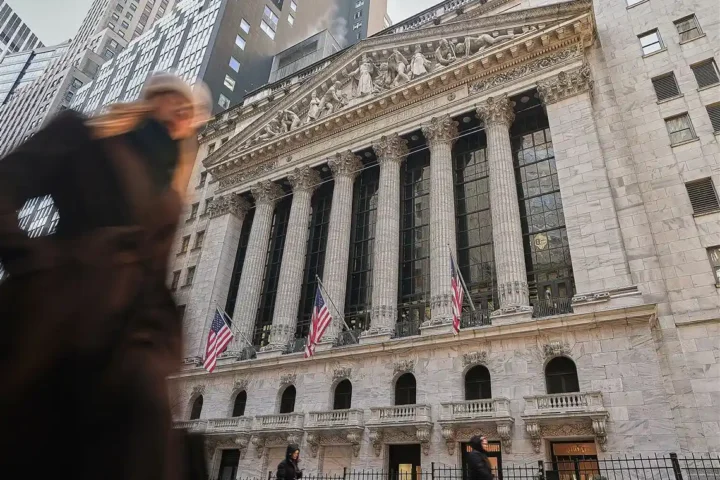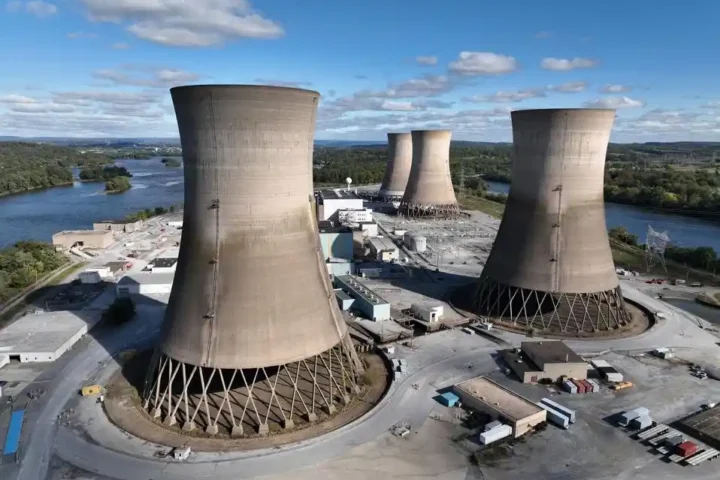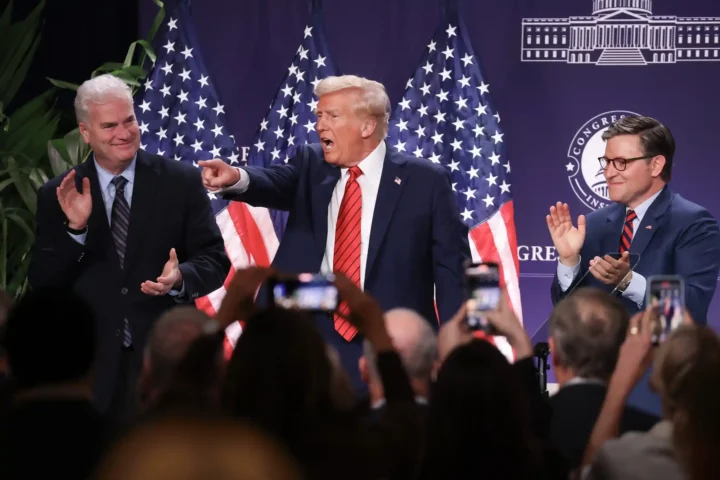In a surprising policy reversal following a turbulent week on Wall Street, President Donald Trump announced exemptions for smartphones, select computers, and other consumer electronics from his administration’s global reciprocal tariffs. The decision, detailed in a guidance issued late Friday by U.S. Customs and Border Protection (CBP), marks a notable shift in the president’s aggressive trade posture with China.
The CBP directive specifically excludes a range of consumer electronics—including many products manufactured in China—from the sweeping tariff measures that have been a focal point of Trump’s escalating trade war. In addition to everyday gadgets, machines integral to semiconductor manufacturing were also removed from the list of affected goods. This move comes at a time when global markets have been rattled by the uncertainties of the trade war, with investors and companies bracing for the economic fallout of ongoing tariff battles.
While neither the White House nor CBP immediately responded to requests for comment on the policy adjustment, insiders suggest that the exemption could be a calculated effort to mitigate adverse market reactions. Over the past few weeks, the prospect of steep tariff-induced price hikes has loomed large, particularly for technology firms reliant on a steady supply of affordable electronics components.
Industry analysts note that the decision may serve as a much-needed lifeline for major tech companies, such as Apple, which have been grappling with the dual challenges of rising production costs and an unpredictable trade environment. “This exemption alleviates some of the cost pressures that could have translated into higher consumer prices, particularly in the technology sector,” one market expert explained. The selective tariff removal appears aimed at striking a balance between maintaining pressure on trade negotiations with China while protecting critical domestic industries from collateral damage.
Notably, this policy shift occurs as Silicon Valley’s tech giants have increasingly aligned themselves with the Trump administration. In recent months, several high-profile technology firms have sought closer ties with Washington, aiming to secure a favorable regulatory and economic landscape amid growing global competition. The current exemptions are seen as an extension of these overtures, potentially paving the way for further sector-specific tariff adjustments in the future.
President Trump has previously hinted at the possibility of implementing sectoral tariffs—targeted levies on specific industries—in lieu of the broader, more disruptive measures. The administration’s evolving strategy underscores the delicate balancing act it faces: asserting pressure in trade disputes without undermining the very industries that are critical to both the domestic economy and international technological competitiveness.
As the global trade war continues to unfold, industry leaders and economists alike will be watching closely to see how these regulatory decisions impact both the market and ongoing negotiations with China. For now, the tech industry appears to have secured a temporary reprieve from the worst of the tariff storm, offering a glimpse of stability amid otherwise choppy economic waters.











